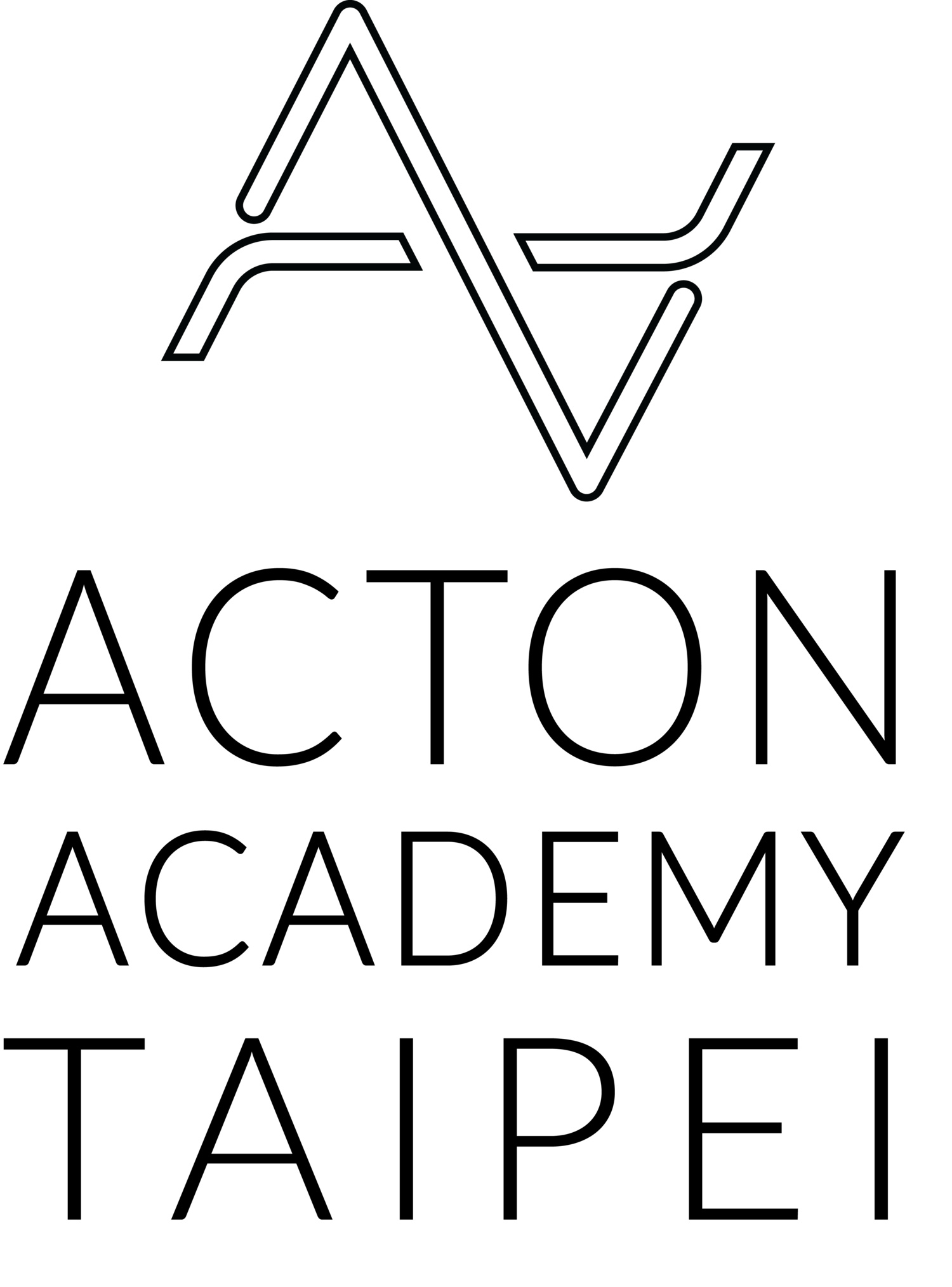Marion Rose leads a beautiful website called Mothering Mentor and we recently came upon her resources in searching for ways to communicate non-violently with your children.
The idea of “nonviolent communication” was founded by Marshall Rosenberg who also created the Center for Nonviolent Communication. It’s been used in everything from marriages, partnerships, and corporations, so that everyone involved in any group dynamic can get their needs expressed and ideally also met.
When it comes to kids, Rosenberg says:
“And here were these young children teaching me this humbling lesson, that I couldn’t make them do anything. All I could do is make them wish they had... [and] anytime I would make them wish they had, they would make me wish I hadn’t made them wish they had. Violence begets violence.”
Marion Rose notes that for many parents who want to avoid conflict, they take the permissive approach, where they aim to meet all their child’s needs and ignore their own.
This leads to resentment in the parent, models self-sacrifice to the child, and prevents the child’s needs for contribution and cooperation being met.
What’s especially interesting a modern definition of “violence.”
While many of us would balk at the idea of corporal punishment for our children, Marshall Rosenberg describes other ways we invoke violence on a daily basis that we’re not quite cognizant of:
Reward and punishment: “Punishment is the root of violence on our planet.”
Guilt: We trick others into thinking that they are responsible for our feelings, eg “Now you’re really making me angry.”
Shame: We label someone when they don’t do what we want, eg. “You are so rude.”
Denying responsibility for our actions: Using the words “had to,” “can’t,” “should,” “must,” and “ought.”
Using NVC, we aim to connect compassionately with others and ourselves and inspire compassion from them. The goal is for everyone to get their needs met, parents and children alike.
As Marion Rose notes, “We move from power over to sharing power. Rejecting the domination language of blame, judgment and coercion, we embrace life-serving needs of compassion, cooperation and contribution.”
When we identify needs, understanding and connection results. Since all violent communication and actions are simply the tragic expression of unmet needs, we can easily translate any judgments and diagnoses of others and ourselves into needs that want meeting. By freeing ourselves from moralistic judgments, we are able to connect compassionately within and without.
When our child says or does something we don’t like, we have four options:
Blame ourselves: “I’m a bad parent, it’s my fault she’s like this”
Blame them: “You are so selfish”
Connect to our feelings and needs: “I feel disappointed, because I need recognition for the effort I’ve made”
Guess their feelings and needs: “Are you feeling reluctant because you are wanting to make your own choices?”
When we connect to our true feelings and needs, our children’s need for connection gets met and they are more likely to want to cooperate.
如何與你的孩子進行「非暴力溝通」(nonviolent communication)?
我們最近在搜尋如何以非暴力的方式與孩子溝通時,找到了這個由Marion Rose所主導的網站Mothering Mentor。這網站真的很棒,大家有空可以多逛逛。以下是我們擷取網站中關於非暴力溝通這個主題的重點與感想。
「非暴力溝通」(nonviolent communication) 的概念,源自於馬歇爾•盧森堡博士(Marshall B. Rosenberg, Ph.D),非暴力溝通中心 (Center for Nonviolent Communication)的創立者。這個概念已經廣泛應用於生活各方面,包括婚姻、同儕間相處或是公司組織等,讓團體動力 (group dynamic) 中每個人的需要都能表達出來,進而也都能被滿足。
投射到與孩子的相處上,Rosenberg說:
「這些孩子教我一個謙卑的道理--我無法逼他們做任何事,我最多只能期待他們能做到。而且,每當我期待他們做到時,他們總是會讓我期待我不曾期待他們做到。暴力因此產生暴力。」
Marion Rose說,許多家長為了避免衝突,會採取縱容的方式,滿足孩子全部的需求,卻忽略自身的需求。這導致父母內心的怨恨、為孩子塑造自我犧牲的榜樣,同時也阻止孩子想要貢獻和合作的需求。
這是「暴力」最新定義中特別有趣的例子。
雖然我們多會抗拒對孩子的體罰,Marshall Rosenberg卻舉出日常生活中不易察覺的暴力。
l 獎勵與懲罰:懲罰是這世上暴力的根源。
l 罪惡感:我們讓他人認為必須對我們的感受負責,如:「現在你真的讓我很生氣」。
l 讓別他覺得羞恥:當某人不按照我們想要的方式來做,我們就將他貼上標籤,如「你很沒禮貌」。
l 拒絕為我們自己的行為負責:使用詞語如:「需要」、「不可以」、「應該」、「必須」、「一定要」。
透過非暴力溝通,我們希望能建立彼此與他人的同理心,並啟發他人的憐憫之心。其目的是讓每個人的需求都獲得滿足,無論是家長和孩子。
Marion Rose提到,「我們把上對下的權力轉化為分享權力。拒絕指責、評價、強迫等支配性語言,轉而投入憐憫、合作和貢獻等服務生命的需求。
當我們確認需求,理解和人際間的連結就會跟著形成。既然所有暴力溝通和行為只是無法獲得滿足的需求的負面表現,我們只需把對他人的所有評價和論斷轉化為渴望被滿足的需求。當我們從道德評價中解放時,我們就能與他人和自己進行同理的連接。
面對孩子說了或做些我們不喜歡的事情時,我們有四個選擇:
l 責備自己:「我是一個不好的家長,是我害他變成這樣」
l 指責孩子:「你很自私」。
l 瞭解自己的感受與需求,「我覺得很失望,因為我希望別人能肯定我所付出的努力。
l 嘗試瞭解孩子的感受和需求,「你覺得很勉強,是不是因為你希望自己做決定?」
當我們瞭解自己真實的感覺和需求,孩子渴望與父母連結的需求將被滿足,他們也比較願意合作。










